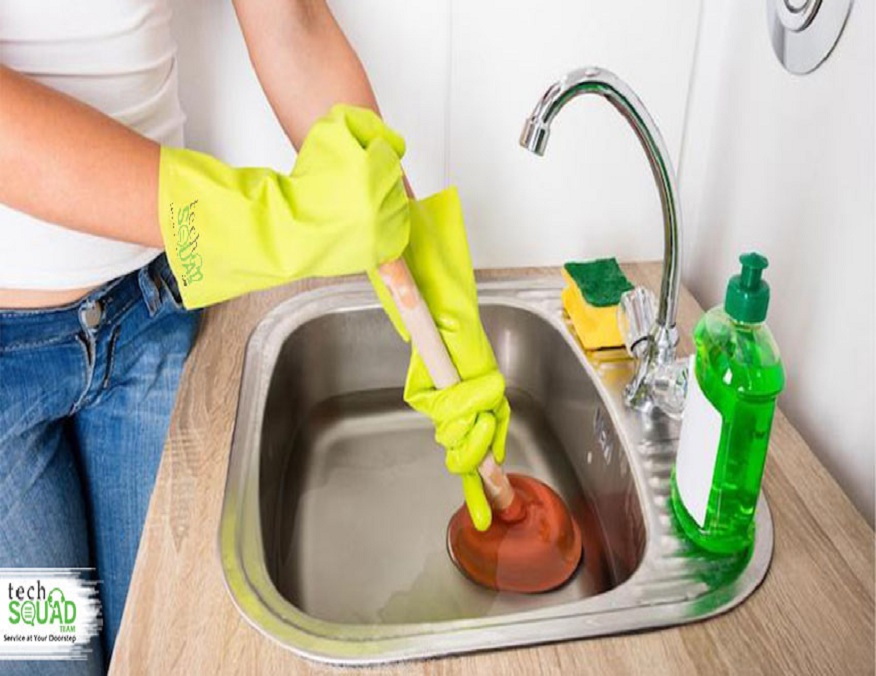Causes of Clogged Drains and How to Prevent them
Many people ask themselves why their drains keep clogging. This is one of the most common household challenges that can cause significant headaches. Clogged drain oahu is caused by a buildup of hair and soap scum to food particles and grease. Note that there are many reasons why your drain may become clogged, and you need to learn how to unclog them. There are times you need them unclogged, and there is no plumber that will work it out for you immediately. This article explains the most common causes of clogged drains and offers some simple tips on preventing them. Let this article be helpful by taking the following precautions to keep your drains flowing smoothly.

Hair and Soap Buildup
These are two of the most common reprobate of bathroom drain clogs. Note that hair gets tangled up with soap and other substances as it drains. They, however, lead to forming a sticky mass that can quickly build up and create a blockage in your bathroom or sink. The soap scum can also lead to clogs by coating the inside of pipes and trapping the skin cells and hair. Preventing these clogs from keeping your sink drains running freely is crucial.
To prevent soap and hair buildup, you need to use a drain cover to ensure that it catches hair before it goes down. A hair catcher can also be helpful in your shower drain.
Food Waste
Many people wash food waste down the drain line, not knowing that it can easily contribute to clogging of the kitchen sinks. Due to regular washing of utensils, food particles can build up in the sink pipes. This will then lead to blockage of these drain lines getting out of the waste.
It would be best to scrape food scraps into the trash to prevent such. Ensure you avoid rinsing them down the drain line to avoid clogging. Using a filter in your sink is also good to ensure it catches small particles that may, by mistake, escape your attention.
Grease, Fat, and Oil
Many people pour fat, oil, and grease down the main drain, not knowing that they can quickly stick to the inside lining of the pipes. They contribute to forming sticky and tricky substances that can solidify and block water from flowing freely. These substances build up over a certain period without you knowing and later realize when they have already formed. It instead leads to a severe clog that is challenging to clear.
You need not pour them down the drain to prevent them from causing clogs. However, let them cool and solidify before throwing them. Using paper towels to wipe out greasy dishes before cleaning them is also good.
Tree Roots
Many pipes that lead water to various households are underground, often clogged due to invasive tree roots in multiple grounds. A clogged sewer line with minor leaks or cracks is most vulnerable to tree root growth. Remember that when tree roots grow into your pipes, they contribute to a complete blockage and also can result in a rupture.
You must avoid planting trees or shrubs near underground pipes to prevent such.
Mineral Buildup
You will find that several homes have hard water, and minerals are prone to the walls of the pipes, which can lead to restricting water flow. Note that hard water is characterized by high dissolved minerals such as magnesium and calcium. These minerals settle out of the water and form a hard,scale-like buildup in the pipes, hindering water from flowing entirely.
To prevent mineral buildup, consider installing a water softener that reduces the hardness of the flowing water. However, mineral deposits can be removed by hydro jetting.
Takeaway
A clogged drain is standard in many households, leading to disruption. But they can be prevented by taking proactive measures. This will allow homeowners to avoid stress and keep their plumbing systems running as expected.



Average Rating